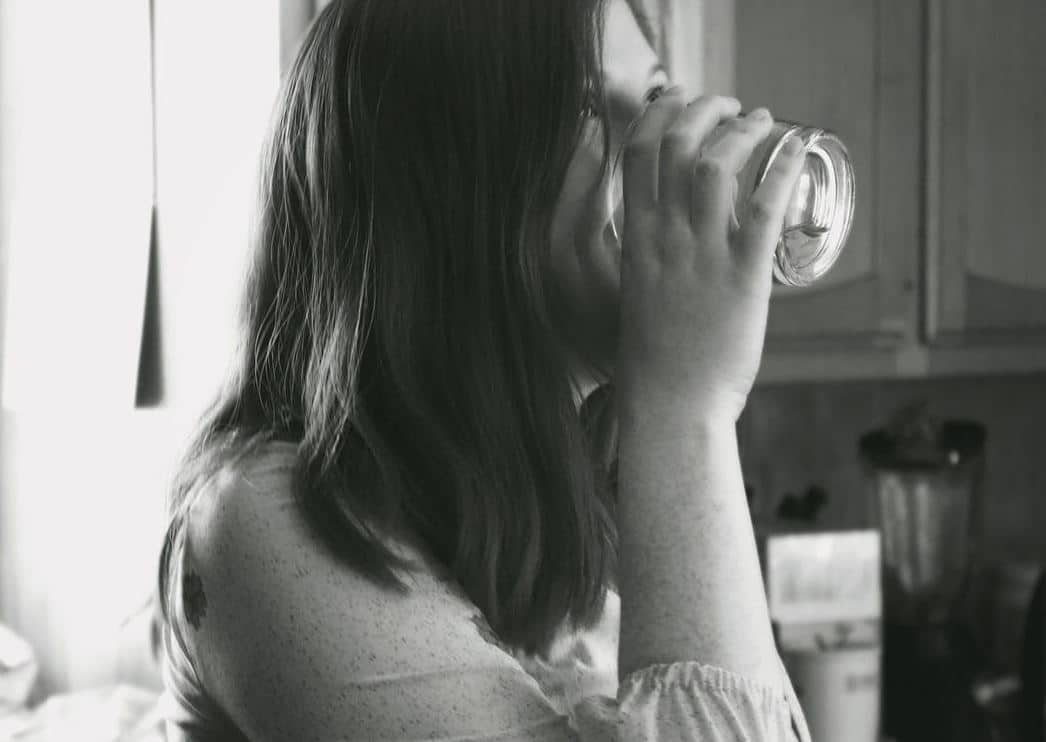
When summer temperatures rise, your body uses up more water than it does during moderate weather. If you don’t drink enough water when you’re outdoors, dehydration can result. Here are five strategies to help you avoid dehydration when spending time outside during the summer months.
1. Increase Water Intake
The most important step in dehydration prevention is to make sure you replenish the water your body is losing through sweat. Drink a glass of water before you go outside, and carry a water bottle to sip from at least every 15 to 20 minutes while in the heat. This is especially important if you’re engaged in physical activity. A good rule of thumb to determine how much water you need each day is to divide your body weight in half. For example, if you weigh 150 pounds, you should strive to drink about 75 ounces of water in the heat.
2. Avoid Alcohol and Caffeine
While sports drinks or juice without sugar added can both substitute for water, avoid sugary soft drinks, alcohol, and caffeine. These beverages have a diuretic effect, causing you to lose water rather than retain it and increasing the risk for dehydration.
3. Dress Appropriately
When outdoors in the heat, wear one layer of lightweight clothing, ideally made of a material that wicks sweat away from the body. If you do sweat through your clothes, get changed as soon as possible. Light-colored clothing reflects the sun’s rays, making you feel cooler and preventing water loss.
4. Watch the Clock
In the hottest months, schedule outdoor activities for the coolest part of the day whenever possible. Avoid strenuous physical exercise when the sun is at its peak between 10 a.m. and 2 p.m.
5. Seek Shelter
Stick to the shade when you’re outside; for example, bring an umbrella that blocks UV rays to the beach. Swimming can also provide relief from sweltering temperatures. When you’ve had too much sun, rest in a cool area, remove dark-colored clothing, and increase your fluid intake.
In addition to these steps to prevent dehydration, knowing the signs that your body doesn’t have enough water will let you know when it’s time to head back inside. These include thirst, dry or cracked lips, and a headache or a lightheaded feeling. Seek medical attention at an urgent care center like Memorial Hospital of Converse County if you’ve been out in the sun and experience nausea or vomiting, stomach or leg cramping, dark urine, nosebleed, or an elevated body temperature.

